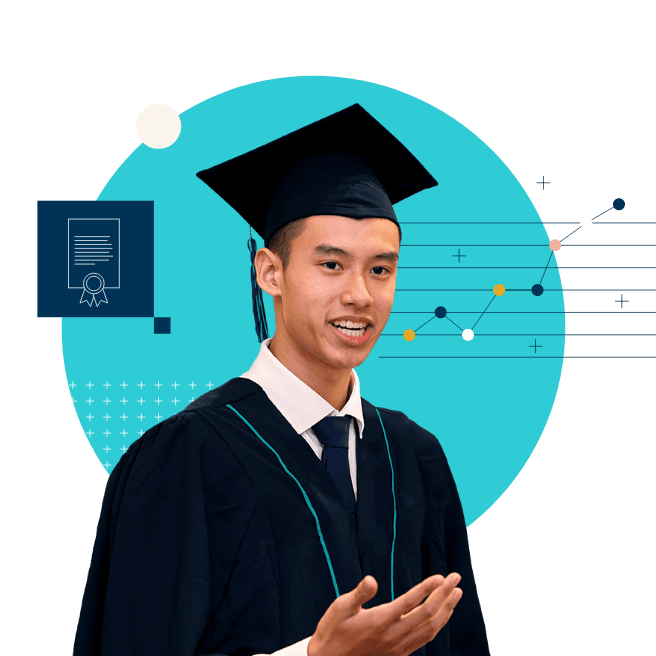OUR AMERICAN UPPER ELEMENTARY SCHOOL CURRICULUM IN DALIAN
In Upper Elementary School at Dalian American International School (DAIS), our students enjoy a breadth of truly authentic learning experiences that span the subjects. These inspire our learners to explore our interconnected world, identify and solve problems, and be creative.
We want our children to take responsibility for their learning, too, and encourage them to be reflective, set personal goals, and meet agreed targets. Our exceptional teachers structure lessons around the unique needs of each child, delivering ongoing assessment strategies and timely feedback that support their progress.



.jpg?h=439&iar=0&w=1317&rev=7940485124e2437e96842c8c318e5d96&hash=2606F3C8056333E5BAC2FFFE4337BEC0)









